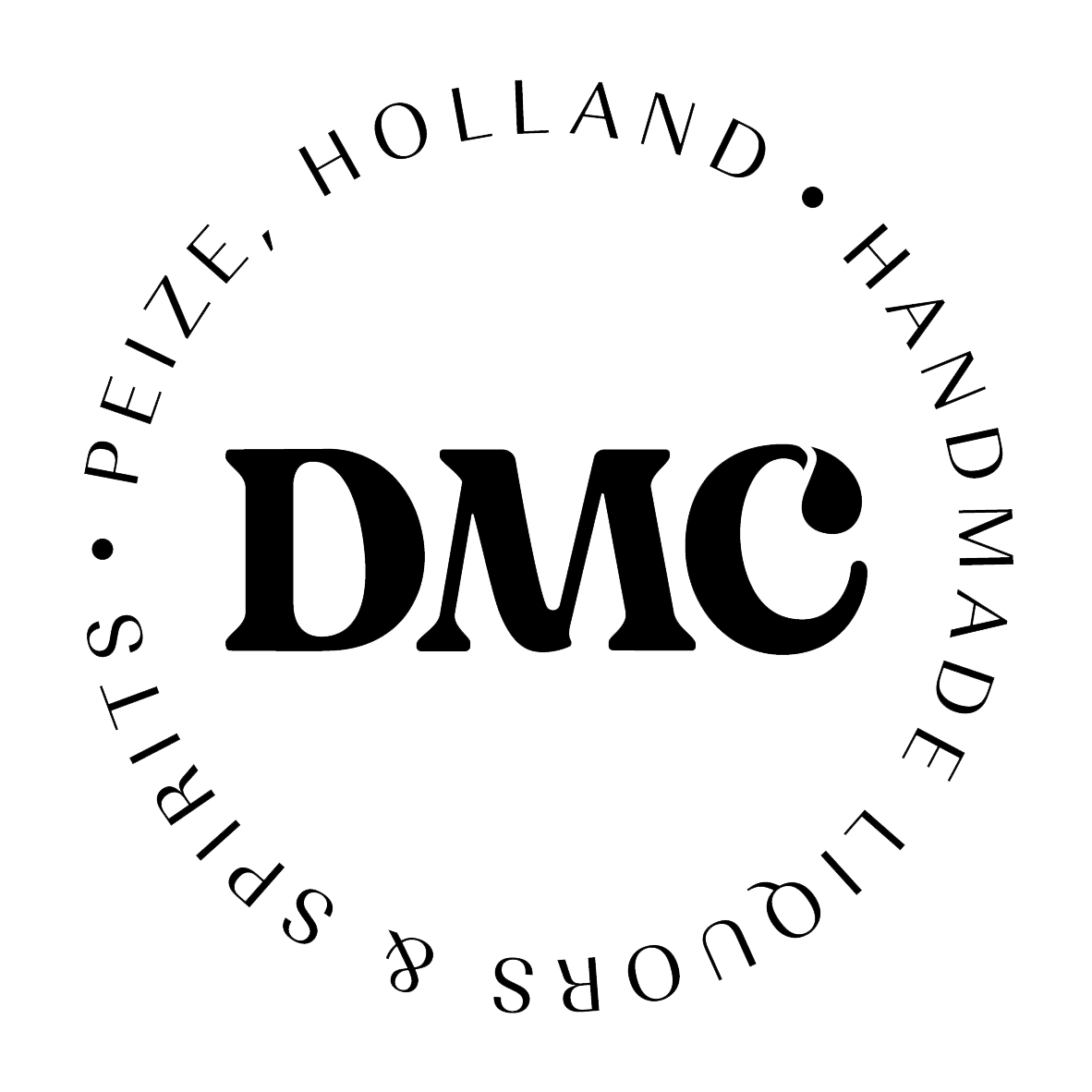If you want to take the next step into the world of managerial accounting, there are a few ways you could start. Even a lower-level position in management can be a stepping stone to your dream role, from senior accountant all the way up to CFO. Learners are advised to conduct additional research to ensure that courses and other credentials pursued meet their personal, professional, and financial goals. Appropriately managing accounts receivable (AR) can have positive effects on a company’s bottom line.
Accounting managers
- The key difference between managerial accounting and financial accounting relates to the intended users of the information.
- In business, financial accounting refers to the act of recording a company’s financial transactions, which are typically examined by investment banking analysts and shareholders of public corporations.
- After a few years in the industry, you’ll be able to earn a designation that can help you work your way up the corporate ladder and command a higher salary.
- Constraint analysis helps companies run more smoothly and efficiently by identifying errors in the production of goods and services.
A company may also have research and training materials available for use in a corporate owned library. This is more common in Fortune 500 companies who have the resources to fund this type of training medium. The second is the chartered global management accountant designation, offered by the American Institute of CPAs in conjunction with the London-based Chartered Institute of Management Accountants. He acquired the educational background to become a management accountant when he completed coursework in economics, business, accounting, and finance as part of a Master of Business Administration (MBA) program. All four of the management accountants interviewed say that the minimum requirement for becoming a management accountant is a bachelor’s degree.
Management accounting
According to Mulling, the career ladder can go in many different directions depending on your individual goals. In fact, he says management accountants often make their mark at companies as vital decision-makers. He says the best way to advance is by volunteering to work on various projects and decision-making tasks to increase your knowledge of the company and your role in its success. Financial accounting deals with the long-term financial decisions an organization may make. This differs from managerial accounting, which works with short-term and sometimes long-term goals that involve an organization’s internal financial processes.
Management accounting vs. financial accounting
Graduate degrees are not always required but may be required for some senior-level managerial accounting positions. Each employer may have their requirements, so it’s important to research the desired qualifications before pursuing your degree and applying to entry-level positions. Financial leverage refers to a company’s use of borrowed capital in order to acquire assets and increase its return on investments. Through balance sheet analysis, managerial accountants can provide management with the tools they need to study the company’s debt and equity mix in order to put leverage to its most optimal use. When a managerial accountant performs cash flow analysis, he will consider the cash inflow or outflow generated as a result of a specific business decision. For example, if a department manager is considering purchasing a company vehicle, he may have the option to either buy the vehicle outright or get a loan.
However, all financial statements like the Profit & Loss, Balance Sheet, etc must follow GAAP. Financial leverage metrics analyze and determine the amount of borrowed capital that should be used to purchase assets to provide the maximum return on investment. This method provides transparency to key stakeholders so that they can see where the money goes and why. Financial what are liabilities in accounting professionals typically use reports like balance sheets and debt-to-equity ratios to help companies determine borrowed capital amounts.
Managerial accounting teams provide reports with recommendations that are critical in a business’s decision-making process. Managerial accountants can use constraint analysis to reduce operational inefficiencies by leveraging historical data to streamline processes. Accounts receivable (AR) is the money owed to a company for a product or service bought on credit. These purchases are listed as entries on a balance sheet and are considered short-term assets to the organizations. Learn about managerial accounting the different types, careers, and how to enter this field.
“A career is advanced through demonstrated competency and through visibility,” he says. “Visibility comes from the good work you do that is noticed by leaders and influencers. Careers are advanced because people ask for the chance to show what they know and what they can do.” “Each of these required passing a standard rigorous examination and meeting experience requirements. I value each of these credentials,” Knese says.
What is the difference between management accounting and financial accounting?
Capital budgeting is concerned with the analysis of information required to make the necessary decisions related to capital expenditures. In capital budgeting analysis, managerial accountants calculate the net present value (NPV) and the internal rate of return (IRR) to help managers to decide on new capital budgeting decisions. Unlike financial accounting, which is primarily concentrated on the coordination and reporting of the company’s financial transactions to outsiders (e.g., investors, lenders), managerial accounting is focused on internal reporting to aid decision-making. Managerial accounting involves the use of information that relates to the sales revenue and costs of a company. One part of managerial accounting is cost accounting, which focuses on a firm’s complete production costs. This is done by analyzing all of the corporation’s fixed costs along with all of its variable costs.
The three main types of accounting for businesses are tax accounting, financial accounting and management accounting. As the company grows, however, financial and management accounting become increasingly important. If you want to pursue certification to become a certified management accountant, you have what are state income taxes to be a member of the IMA. To stay certified, you’ll have to pay an annual membership fee and complete ongoing continuing education requirements.
This information helps organizations better understand how well they adhere to set budgets and make changes if needed. Another aspect of this methodology is examining an organization’s needs, choosing the correct purchase type, and finding the best way to finance that purchase. Consistent with other roles in modern corporations, management accountants have a dual reporting relationship. “Management accountants expand this base of skills to include knowledge of cost accounting and, my favorite, finance tools such as discounted cash flow,” Knese says. “Since management accountants function inside a business, they need a good grounding in economics and the softer skills such as communication and presentation skills, writing, persuasion, and interpersonal relations skills.”
They might also create and maintain a company’s financial system and supervise its bookkeepers and data processors. Management accountants may also have an area of expertise, such as taxes or budgeting. Because the goal of professionals in these roles is to support the management team, ad-hoc reports can be presented in a way customized to suit the unique needs of the business. They don’t need to adhere to GAAP since the ad-hoc reports are informal and for internal use only.
Both financial professions work with financial information in similar ways, but for different purposes and uses. Like financial accounting, management accounting is often aided by accounting software. Just as most small business accounting software makes it easy to generate financial accounting reports, these programs can generate custom reports and forecasts based on this data. The analysis and reports in management accounting statements are based on internal information and the statements and reports prepared in financial accounting. Management accounting reports are used to draw conclusions about a specific business and the direction it should take. In business, financial accounting refers to the act of recording a company’s financial transactions, which are typically examined by investment banking analysts and shareholders of public corporations.
Budgets are extensively used as a quantitative expression of the company’s plan of operation. Managerial accountants utilize performance reports to note deviations of actual results from budgets. The positive or negative deviations from a budget also referred to as budget-to-actual variances, are analyzed in order to make appropriate changes going forward. Managerial accounting is the practice of identifying, measuring, analyzing, interpreting, and communicating financial information to managers for the pursuit of an organization’s goals. It’s essential to choose the best accounting software for your management accounting needs. A modern approach to close accounting is continuous accounting, which focuses on achieving a point-in-time close, where accounting processes typically performed at period-end are distributed evenly throughout the period.



